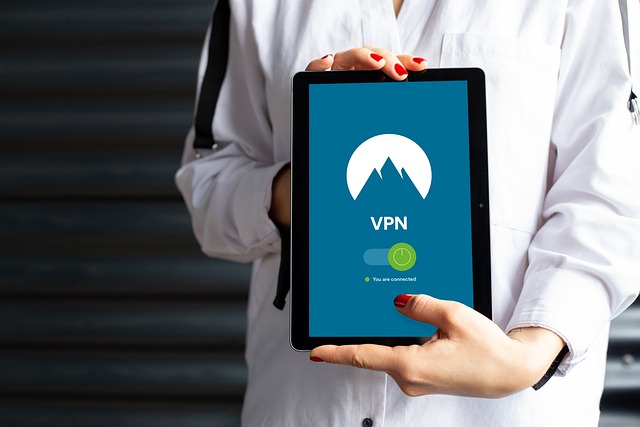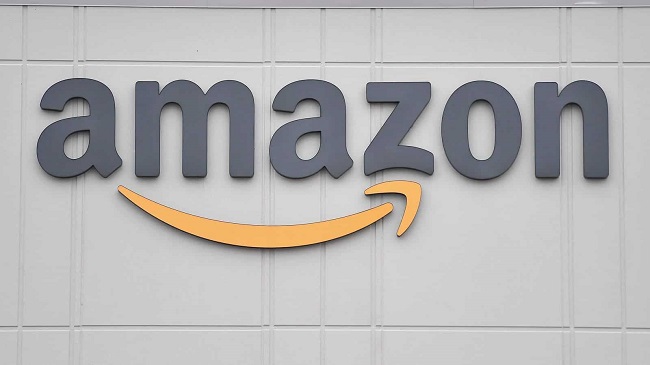If your company is considering implementing a virtual private network (VPN), it would be wise to first weigh the pros and cons of doing so. It’s often preferable to use a virtual private network (VPN) over going without one.
What are the Top 5 Benefits of VPN, and how crucial is it to use one? It has the potential to greatly improve your company’s security if set up correctly.
Take a look at the Top 5 Benefits of VPN and drawbacks listed below and make an informed decision for your business.

How Do Virtual Private Networks Operate?
A Virtual Private Network, or VPN, is a secure tunnel established between two computers using encryption technology. Connecting to a virtual private network (VPN) requires the user’s computer or other smart device to establish a secure connection with another computer, known as a server.
If you connect to the internet using a proxy server, your device will use that server’s data rather than its own. As a result, the VPN server’s data, rather than the information from your device, would be visible to any site keeping track of user data.
What are the Top 5 Benefits of VPN (Virtual Private Network)?
1.) Safeguard Your System
There is a large number of upsides to using a virtual private network. Among the most crucial is the fact that networks can be protected by businesses. An online service or programme may secretly monitor your behaviour without your awareness or consent.
To better tailor their advertisements to you, they can then examine the data they’ve gathered about you. Without a virtual private network (VPN), you may be inundated with annoying pop-up adverts that disrupt your browsing experience.
VPNs can prevent unauthorised users, programmes, and browsers from accessing your network. This ensures the privacy and security of any data you provide or receive.
2.) Confidentiality Must be Protected at All Costs.
The ability to keep personal details under wraps is another key advantage of using a VPN. Information you enter into a website may be intercepted by hackers in a number of ways.
They can then use your identity to try to access your financial accounts, credit card details, and so on. VPNs, on the other hand, offer superior security features like 256-bit encryption. Anyone who manages to eavesdrop your internet communications will see nothing but meaningless jumbles of characters and text.
3.) Avoid Data Limiting
When you reach a certain threshold of data usage, your internet service provider (ISP) may choose to throttle your connection speed. One of the first things VPN users realise is that they can bypass their ISP’s bandwidth cap without sacrificing their experience.
If employees can avoid using their precious data allowances while on the road, this might be a huge boon to the company’s bottom line.
4.) Bandwidth Limiting Should Be Avoided.
What we call “bandwidth throttling” occurs when an ISP or other entity with access to a network’s wireless settings deliberately reduces the data transfer rate.
This can happen if you go to specific websites or perform certain things online. With a virtual private network (VPN), all of your mobile data transmissions are protected. When your web traffic is encrypted, no one else can see the sites you visit.
Given that your ISP may be prompted to reduce your connection’s speed based on the websites you visit or the activities you undertake, it is important that your ISP be unable to monitor the data flowing to and from your device. Your data may still be slowed down during peak times of the day in order to make room for other customers’ traffic.
Using a virtual private network (VPN) allows businesses to hide their data transmissions and eliminate the risk of being throttled based on internet usage, even if this is unlikely to happen in most cases.
5.) Unlock Regionally Restricted Content
A virtual private network (VPN) allows you to mask your true IP address and appear as though you’re in another location. When a device connects to the internet, streams media, or performs any other form of online activity, its IP address provides information about its physical location.
Unfortunately, some websites and services restrict access to all or part of their content for users based in particular countries. This is typical of regionally restricted streaming services.
It’s not uncommon for businesses to restrict access to their websites’ public facing services (such as price quotes and in-depth product information) based on the user’s geographical location.
Using a virtual private network (VPN), you can make it appear as though you are accessing the internet from a country that has a relationship with the service you want to use.
Use a virtual private network (VPN) to give your staff unrestricted access to any and all secure content and features of any and all websites.
Important Considerations
The quality of each VPN service varies. Among other features and services, several provide varying download and upload speeds. Be wary of scams and find the best price for a VPN by doing your homework before making a purchase.
Keep an eye out for “free” VPNs. It takes money to set up a virtual private network, and free VPNs may actually be stealing and selling your information rather than protecting it.
When choosing a virtual private network (VPN), here are some additional considerations to keep in mind:
Privacy. Inconveniently, some VPN services keep logs of their customers’ activity.
Cost. The cost of a virtual private network (VPN) connection can fluctuate widely depending on factors including its bandwidth, connection speed, and subscription duration. Don’t overspend on a VPN service that you won’t actually use, and make sure to get one that can cater to your specific requirements.
Legality. It is important to check local VPN usage laws before connecting to one.
Location. So, where exactly are the VPN service’s servers located? Do you know if you’ll get the speeds you require at these areas?
Access. In what ways will your staff be able to connect to the VPN? Choices between hard and soft tokens can be aided by this.
























